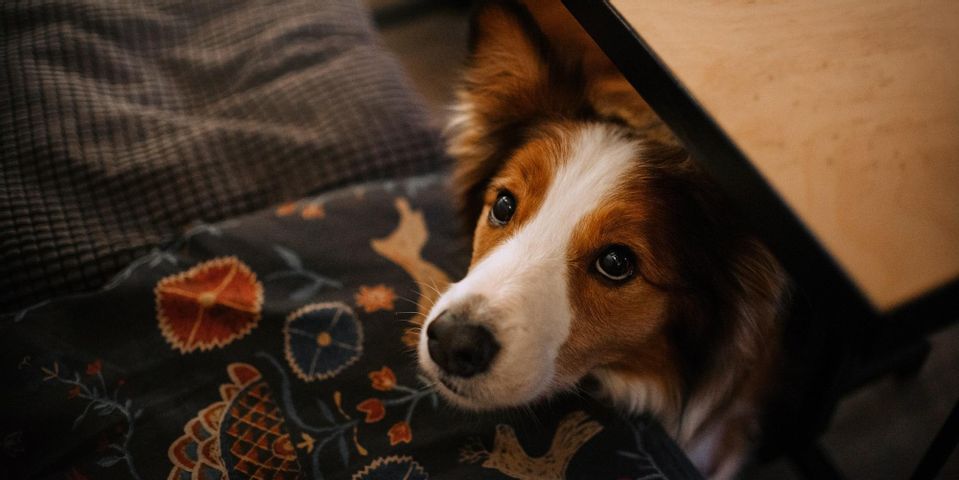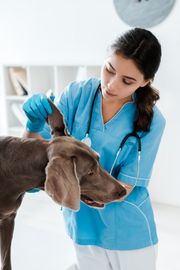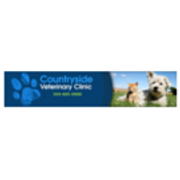
If your dog or cat is visiting a veterinary clinic for a surgical procedure, they'll undergo anesthesia. Anesthesia causes temporary loss of sensation so that animals stay comfortable and still during treatment. Although all surgeries carry some degree of risk, your veterinarian will take specific steps to minimize any risks and complications of anesthesia to keep your pet healthy. Here’s what you should know.
Risks & Concerns
Although today's anesthesia agents for pets are rigorously tested, dosages are controlled for safety. Older pets and those with weak hearts are more vulnerable to its effects because anesthesia temporarily suppresses heart function. Allergic reactions to anesthesia in pets are rare. After anesthesia, dogs and cats may experience confusion. It may take several days for them to get back to their normal behavior.
How Veterinarians Minimize Risk
 Before anesthetizing your pet, your vet will discuss your pet's needs, age, history, and existing health concerns. Your pet will only undergo a surgical procedure if the benefits outweigh the risks. Under anesthesia, your vet will carefully monitor their breathing, heart rate, muscle tone, and responses. They'll adjust the dose to keep your pet sedated and pain-free. Some anesthesia agents allow pets to recover more quickly.
Before anesthetizing your pet, your vet will discuss your pet's needs, age, history, and existing health concerns. Your pet will only undergo a surgical procedure if the benefits outweigh the risks. Under anesthesia, your vet will carefully monitor their breathing, heart rate, muscle tone, and responses. They'll adjust the dose to keep your pet sedated and pain-free. Some anesthesia agents allow pets to recover more quickly.
What to Expect on the Day of Surgery
First, your pet may receive a sedative or tranquilizer to calm them before given anesthesia. Sedatives and tranquilizers allow veterinarians to use less anesthetic. The vet will clip a patch of fur from your pet's leg or neck and disinfect the skin before administering the anesthetic intravenously. A breathing tube aids respiration and prevents choking. After surgery, your pet will need plenty of rest and gentle care.
To talk to a veterinarian about pet care treatments, including surgery under anesthesia, contact Countryside Veterinary Clinic in Charles Town, WV. For almost 20 years, Dr. Dennis Dibbern and his team have provided full-service, personalized pet health care using the latest technology. To schedule an appointment, call (304) 725-7663, or learn more on their website about pet surgery.
About the Business
Have a question? Ask the experts!
Send your question

